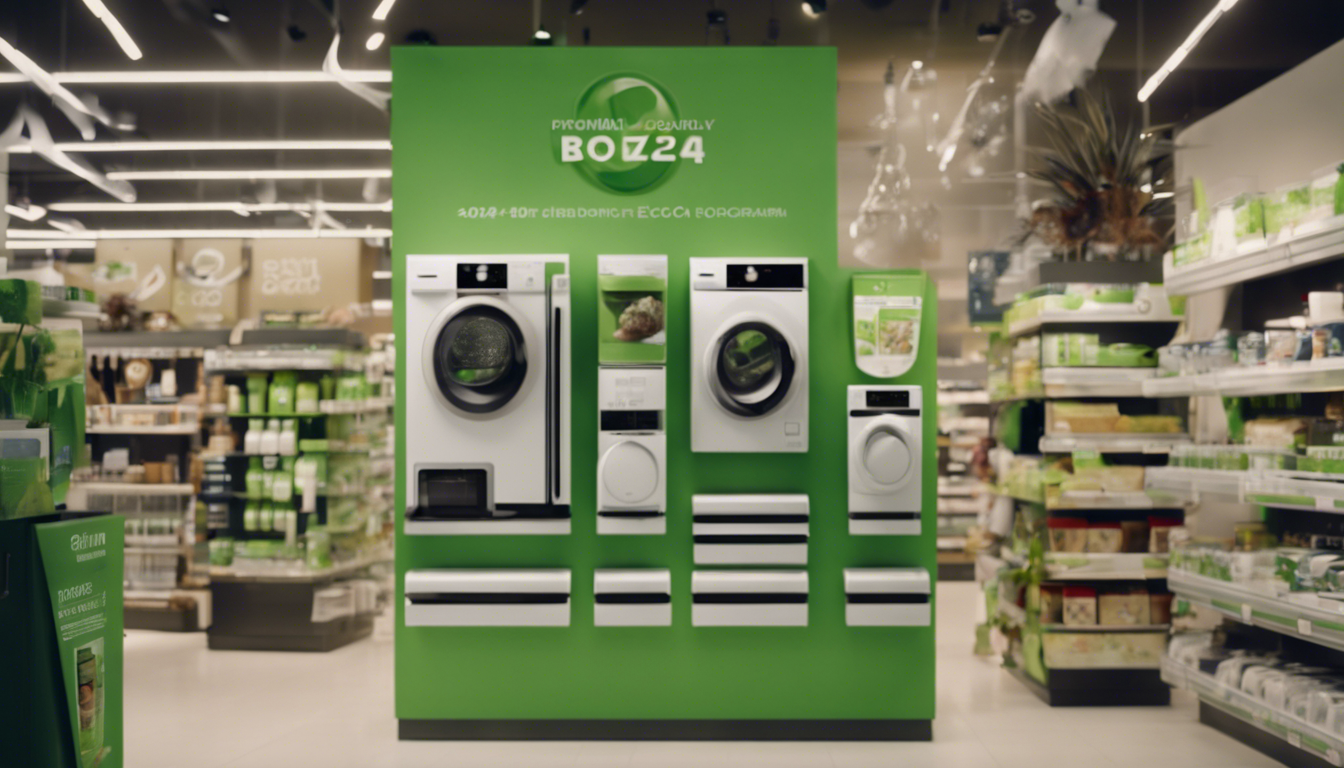As climate change accelerates, global efforts to reduce carbon footprints have turned a sharp focus towards household emissions. Key among the strategies is the promotion of energy-efficient appliances through financial incentives. In 2024, countries around the world, including Italy and its European neighbors, are rolling out increasingly generous programs to encourage consumers to choose greener alternatives.
In Italy, the government has unveiled the ‘Eco-bonus 2024’ program, offering up to 50% in tax deductions for purchases of high-efficiency home appliances that meet the highest energy classification standards. These incentives are structured to scale with the energy rating of the appliance – the higher the efficiency, the larger the incentive.
Interestingly, Italy’s attempt to advocate for greener appliances traces back to historical concerns over energy consumption. As early as the 1970s, Italy faced significant energy crises that sharpened its focus on energy efficiency. Today, this legacy influences contemporary policies that favor sustainable practices.
Comparing these incentives with those of other European neighbors, Germany and France also come forward with attractive incentives. Germany’s ‘Grüne Technik 2024’ program provides subsidies that cover up to 45% of the cost of energy-efficient home appliances, while France’s ‘Bonus Éco-logis 2024’ goes even further, compensating users up to 55% under specific conditions.
Dr. Emily Hargreaves, a researcher in sustainable urban planning, notes that, ‘The variation in incentives across countries reflects differing national priorities and economic capacities. Yet, they all share the common goal of reducing domestic energy use and promoting sustainability.’
Outside Europe, the United Rights of North America (URNA) leads with a robust incentive program. In 2024, URNA offers a rebate program that decreases the upfront cost of energy-efficient appliances by up to 60%, setting a global benchmark.
Across the Pacific, Japan’s ‘Eco-Home 2024’ incentive covers up to 30% of the purchase price for green appliances. In contrast, developing countries, grappling with other socio-economic challenges, offer lesser incentives but are making significant strides towards sustainability with available resources.
Critics of these programs argue that the high initial costs of green appliances could still deter average consumers, despite substantial rebates. However, proponents assert that long-term savings in utility bills will outweigh initial investments, a sentiment echoed by financial analysts.
This debate highlights a common misconception that green appliances are luxuries rather than long-term investments in both personal and planetary health. Dispelling such myths is crucial for widespread adoption.
In conclusion, while the extent and nature of incentives vary globally, the trend towards supporting the adoption of green appliances is unmistakable. As countries innovate and refine their approaches, the hope is for a unified global strategy that adequately addresses the climate crisis.

